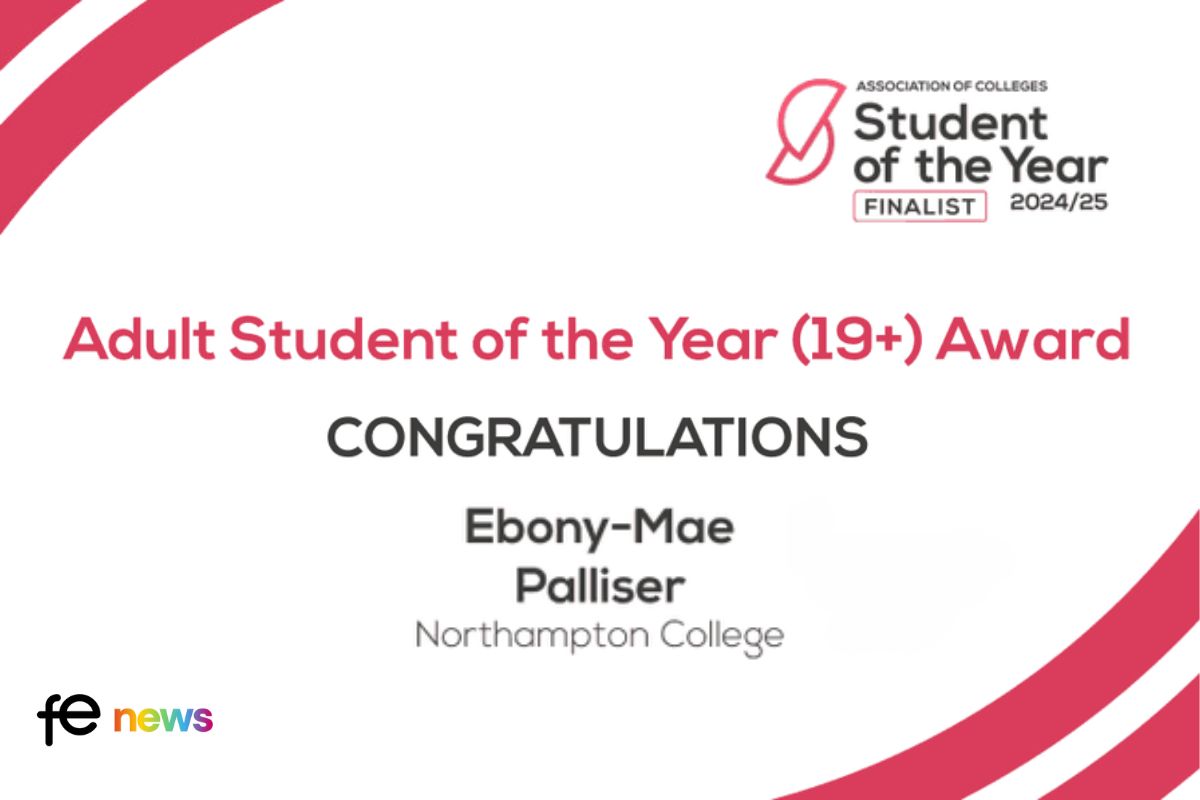The Value of Humanities in the Fourth Industrial Revolution

#4IR The importance of ‘the humanities’ and the value of studying this field in light of the Fourth Industrial Revolution
I was first in my family to go to university, to St Andrews (1976–80), Modern History.
I remember clearly my father questioning the worth of it all: ‘Why don’t you get a proper job?’ he opined all too loudly, ‘History? What use will that ever be?’
Almost four decades later, I find myself reflecting once more about all this.
Now at the head of a (rather wonderful) humanities department at a dynamic post-92 university, I do still take time to ponder the point and the purpose of such subjects.
Benefits of going to university
There are lots of good reasons to go to university.
First is the sheer joy, fulfilment, and enlightenment that come from studying a subject that interests you, and about which you are passionate. For many students, there can be no higher reason than this.
Second, there is ‘employability’. Since late-medieval times, universities have always provided the skills, the knowledge and the understanding to facilitate progression on toa profession.
For me, however, the most important, the most interesting reason, and the most relevant for today and tomorrow, is that a period of university study can be truly transformative. A good university course – in particular one that is imbued with a human-based approach – can open up a world of excitingly varied possibility.
Humanities and social science subjects are very effective agents of transformation, and personal and professional development.
Lists of ‘transferable’ skills associated with them include myriad useful things:
- oral and written communication skills in all situations;
- a critical, inquisitive and analytical attitude to life,
- work, and the world; international and global perspectives,
- along with understanding of different cultural, and historical contexts;
- the ability to relate a range of theories to real-world situations and issues;
- reasoned judgement;
- teamwork skills, but also
- self-reliance;
- innovative thinking,
- lateral thinking,
- critical thinking.
These are the three reasons I should have given to my sceptical father as he hovered disapprovingly while I filled out my university application form:
- Enlightenment
- Employment
- Professional development
Why write this opinion piece?
Well, I worry slightly about UK government (less so my native Scotland’s) attitude to universities: the emphasis on STEM and ‘useful’, industrial-strategy subjects; on league tables and judgement by quantitative metric. More importantly, there is a real concern that humanities and social sciences will be undervalued and side-lined.
This would not be desirable. I get defensive about my discipline, naturally. (Confession: I also enjoy engineering and science.) More significantly, however, much consideration is now being given to what graduate attributes might be required in the future. Which graduate attributes will be in demand in the graphene-coated, AI, quantum-computed and 3D-printed nanotech world of the Fourth Industrial Revolution?
Skills for the future
Ideas about 4IR has been articulated perhaps most clearly at the World Economic Forum. future.
What stands out is the perfect alignment of these attributes to those provided by a good humanities degree:
- complex problem solving;
- critical thinking;
- creativity;
- people management;
- coordinating with others;
- emotional [and cultural] intelligence;
- judgement and decision-making;
- service orientation;
- negotiation; and
- cognitive flexibility
Humanities, it now appears, should be seen not in terms of old-fangled obsolescence but as the very vanguard of our global future.
With this changing landscape in mind, an over-reliance on STEM subjects now seems old-hat, too narrow, rather simplistic. For sure the new world of 4IR will need a phalanx of technologists and scientists, of engineers and inventors, but most certainly will it also need humanities and social sciences graduates – and in increasing numbers.
Technologies will change; but so too must personal attitudes, human behaviours and collective responses. That, moreover, is the more difficult and the more daunting task. By way of example, think no farther than climate and environment, in which negotiating change among people, and in society, in law and in government, will be just as vital as the development of technical solutions.
The value of humanities
The value of a humanities approach to problems? Enlightened employers know about this. Mr Jobs knew about this. Messrs Google and graduate recruitment specialists know about this. I, as a graduate employer in my own company, know about this.
Graduate recruiters are really keen on the so called ‘soft skills of creativity, persuasion and collaboration’.
To these I would add:
- collegial working
- critical thinking, analysis
- sensitivity to cultural context, and – above all
- problem solving
These will become more vital than ever; these are the skills that will help drive and sustain our future, the brave innovative and sometimes terrifying world of the mid-twenty-first century.
Humanities rock.
Alistair Hodge, Head of School – Humanities & Journalism at the University of Derby











Responses